
Null: Lomé's Hidden Gem
Nestled in the bustling city of Lomé, Togo, Null is a captivating neighbourhood that effortlessly blends the old with the new. This unique area offers a rich tapestry of cultural experiences, making it a must-visit destination for tourists seeking an authentic taste of Togolese life. One of the highlights of Null is its vibrant markets. Here, you can find an array of traditional crafts, exotic spices, and fresh produce. The friendly vendors are always eager to share stories and insights about their goods, providing a deeper understanding of the local culture. The market’s lively atmosphere is a sensory delight, with colourful displays, tantalizing aromas, and the rhythmic sounds of daily commerce. In addition to its markets, Null is home to several historical landmarks. Visitors can explore colonial-era architecture that tells the story of Togo’s past. The neighbourhood's narrow streets are perfect for a leisurely stroll, allowing tourists to soak in the charming ambiance and discover hidden gems around every corner. Food enthusiasts will be delighted by the diverse culinary offerings in Null. From street food stalls serving up local delicacies to cozy restaurants offering a fusion of traditional and modern dishes, there’s something to satisfy every palate. Don’t miss the chance to try some of the area’s signature dishes, which showcase the rich flavours and culinary heritage of Togo.
Local tips in Null
- Visit early in the morning to experience the markets at their liveliest and to get the freshest produce.
- Wear comfortable walking shoes as the neighbourhood's narrow streets are best explored on foot.
- Try to learn a few basic phrases in French or Ewe to communicate more easily with the friendly locals.
- Bring cash, as many local vendors and smaller eateries may not accept credit cards.
- Sample local street food, but make sure it’s from a busy, reputable stall to ensure freshness and quality.
Null: Lomé's Hidden Gem
Nestled in the bustling city of Lomé, Togo, Null is a captivating neighbourhood that effortlessly blends the old with the new. This unique area offers a rich tapestry of cultural experiences, making it a must-visit destination for tourists seeking an authentic taste of Togolese life. One of the highlights of Null is its vibrant markets. Here, you can find an array of traditional crafts, exotic spices, and fresh produce. The friendly vendors are always eager to share stories and insights about their goods, providing a deeper understanding of the local culture. The market’s lively atmosphere is a sensory delight, with colourful displays, tantalizing aromas, and the rhythmic sounds of daily commerce. In addition to its markets, Null is home to several historical landmarks. Visitors can explore colonial-era architecture that tells the story of Togo’s past. The neighbourhood's narrow streets are perfect for a leisurely stroll, allowing tourists to soak in the charming ambiance and discover hidden gems around every corner. Food enthusiasts will be delighted by the diverse culinary offerings in Null. From street food stalls serving up local delicacies to cozy restaurants offering a fusion of traditional and modern dishes, there’s something to satisfy every palate. Don’t miss the chance to try some of the area’s signature dishes, which showcase the rich flavours and culinary heritage of Togo.
Iconic landmarks you can’t miss
Monument de l'independance
Discover the Monument de l'Indépendance, a striking symbol of Togo's rich cultural heritage and history located in the heart of Lomé.
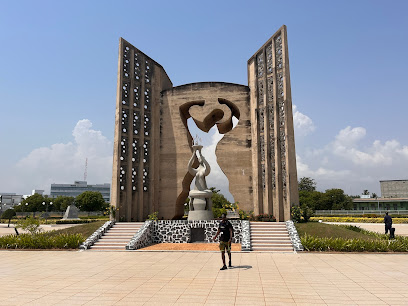
Akodessewa Fetish Market
Explore the fascinating Akodessewa Fetish Market in Lomé, Togo, where culture and tradition come alive through unique artifacts and local craftsmanship.
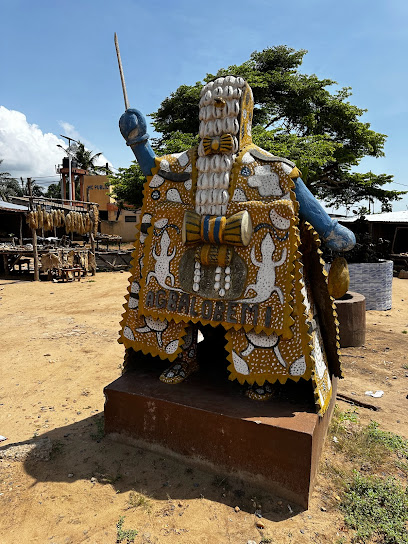
Funny Park
Discover the thrill of adventure and fun at Funny Park, Lomé's premier amusement park offering excitement for all ages.
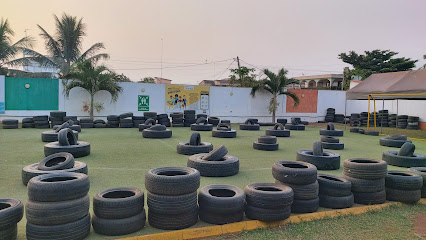
Palais de Lomé
Explore the rich history and cultural heritage of Togo at the magnificent Palais de Lomé, a landmark of architectural beauty and vibrant community events.
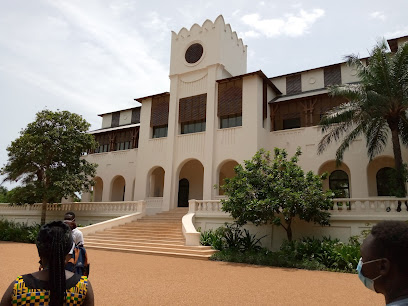
TATA PARK
Discover the thrill of TATA PARK in Lomé, where adventure meets fun for all ages in a vibrant amusement park experience.
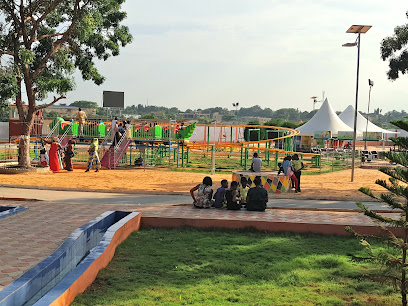
Place des Fêtes Nathanaël
Experience the thrill and excitement of Place des Fêtes Nathanaël, the premier amusement park in Lomé, Togo, offering fun for all ages.
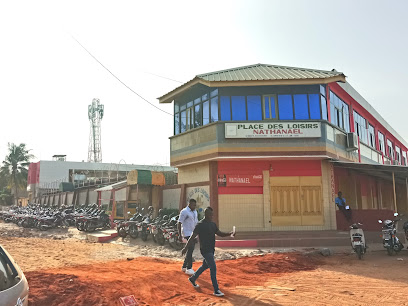
Fauna Cultura
Explore Fauna Cultura, Lomé's enchanting zoo, home to diverse wildlife and engaging educational experiences for all ages.
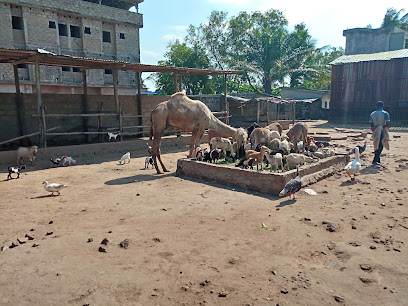
Plage de Lomé
Discover the beauty and cultural vibrancy of Plage de Lomé, a stunning beach park in Togo's capital, perfect for relaxation and adventure.
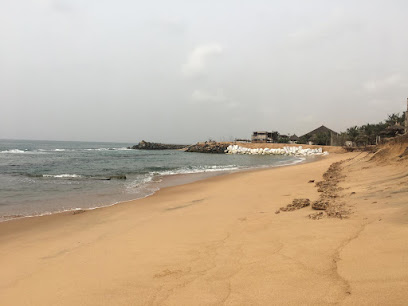
International Museum of the Gulf of Guinea
Discover the vibrant cultures of the Gulf of Guinea at the International Museum in Lomé, a treasure trove of art and history.
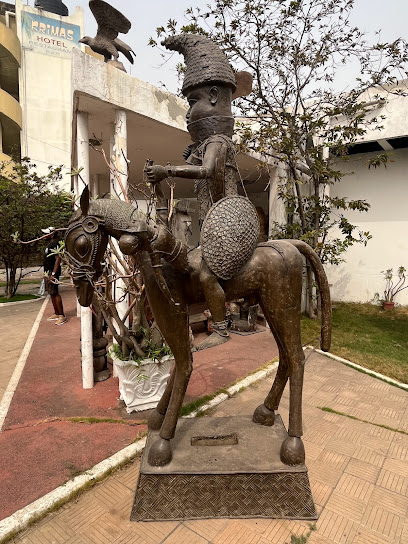
Visit Togo
Explore Lomé, Togo - a vibrant capital rich in culture, history, and stunning beaches, where African traditions meet French influences.
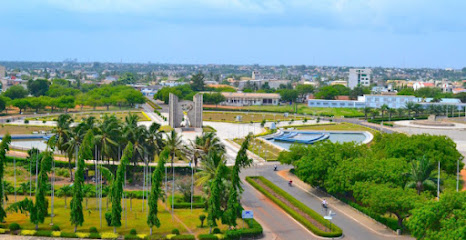
Unmissable attractions to see
Monument de l'independance
Explore the Monument de l'Indépendance in Lomé, where history and culture converge to celebrate Togo's journey to freedom.
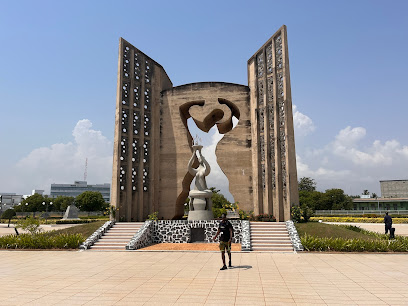
Akodessewa Fetish Market
Discover the vibrant Akodessewa Fetish Market in Lomé, a cultural treasure trove of voodoo artifacts, traditional crafts, and Togo's rich spiritual heritage.
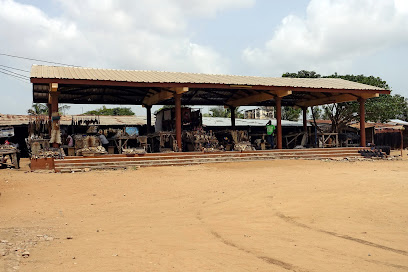
Fil'o Parc
Experience the thrill of rides and the joy of family fun at Fil'o Parc, Agouenyive's premier amusement center, perfect for tourists of all ages.
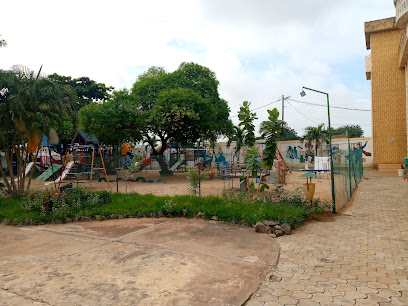
Funny Park
Experience laughter and joy at Funny Park in Lomé, an amusement park filled with thrilling rides and family-friendly attractions for all ages.
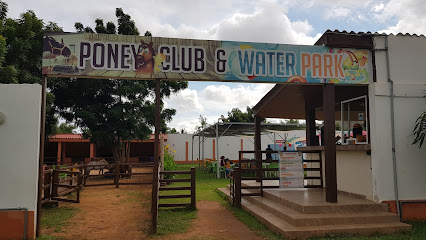
Palais de Lomé
Experience the rich tapestry of Togo's history at Palais de Lomé, a stunning historical landmark and museum in the heart of Lomé.
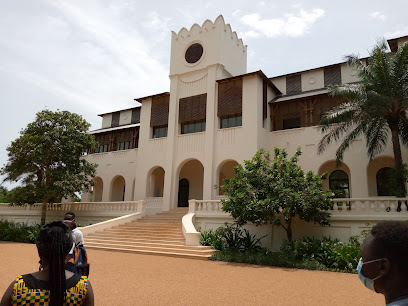
Place des Fêtes Nathanaël
Discover the vibrant energy and family-friendly fun at Place des Fêtes Nathanaël, Lomé's premier amusement park for all ages.
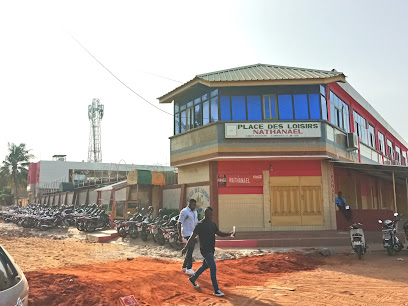
Fauna Cultura
Discover the vibrant wildlife and conservation efforts at Fauna Cultura, Lomé's premier zoo offering an enriching experience for all ages.
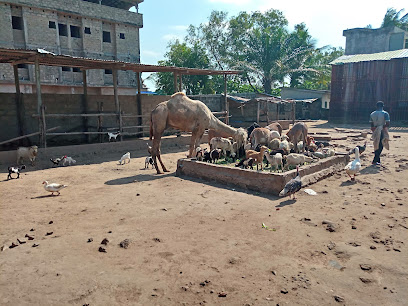
International Museum of the Gulf of Guinea
Discover the cultural treasures of West Africa at the International Museum of the Gulf of Guinea in Lomé, a journey through history and art.
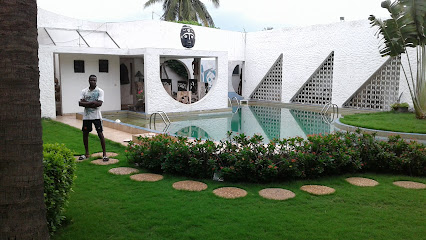
Atiomé
Experience the vibrant culture and scenic beauty of Atiomé, a captivating tourist attraction in the heart of Lomé, Togo.

Eco Tour Togo
Explore Eco Tour Togo: A Sustainable Adventure into Nature and Culture in Lomé, Unveiling the Heart of Togo's Natural Beauty.

Essential places to dine
Le Phenicien
Discover Le Phenicien in Lomé: where delectable pizzas meet irresistible pastries in a vibrant setting.
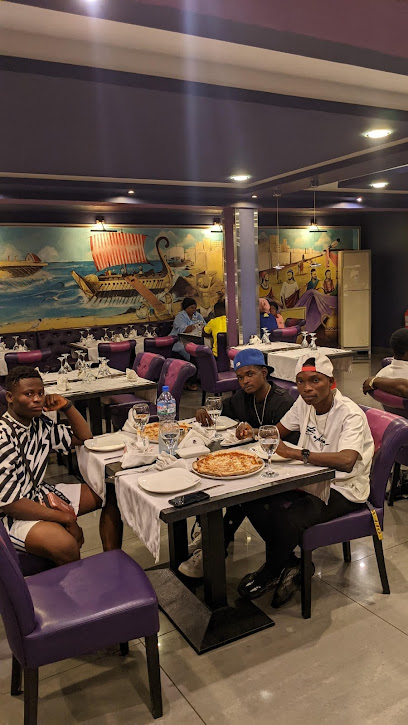
Le Beluga
Experience exquisite dining at Le Beluga in Lomé – where local flavors meet international cuisine in an inviting atmosphere.
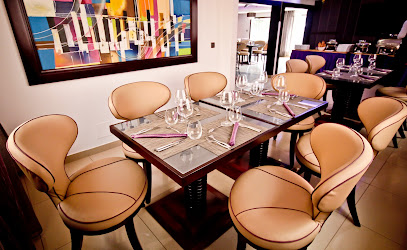
Alt Munchen
Discover the flavors of Germany at Alt Munchen in Lomé—where authentic cuisine meets warm hospitality.
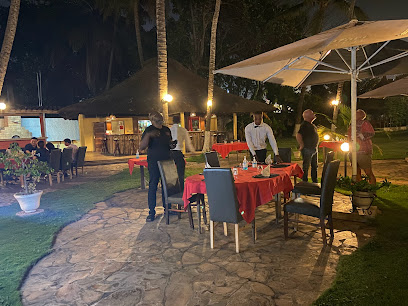
Hype Lomé
Experience the best pizza in Togo at Hype Lomé - where flavor meets fun in the heart of Lomé.
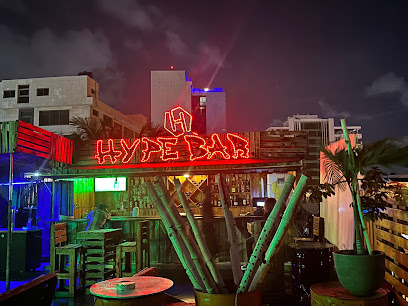
Les Nuits d’Orient
Discover the essence of Togolese cuisine at Les Nuits d’Orient in Lomé – where every dish tells a story.
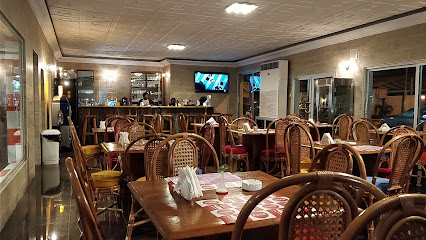
Ci Gusta Italian restaurant
Experience authentic Italian cuisine at Ci Gusta in Lomé; where every dish tells a story and every bite takes you on a culinary journey.
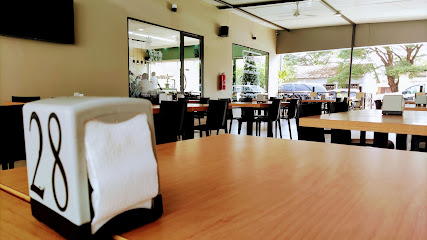
Restaurant La Bodega Lomé
Discover culinary delights at La Bodega Lomé – where African flavors meet French finesse in a family-friendly atmosphere.
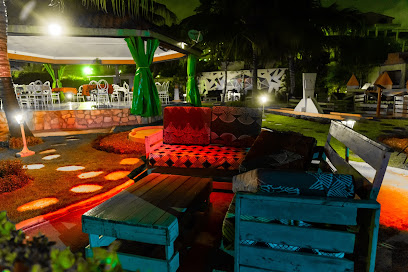
Restaurant La Terrazza Lomé
Discover the vibrant fusion of African, French, and Italian cuisines at Restaurant La Terrazza in Lomé - where every meal is a celebration.
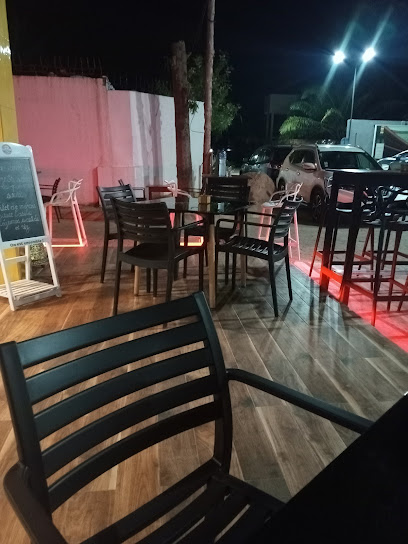
Chez Oumy
Discover authentic Togolese cuisine at Chez Oumy in Lomé - where every dish tells a story.
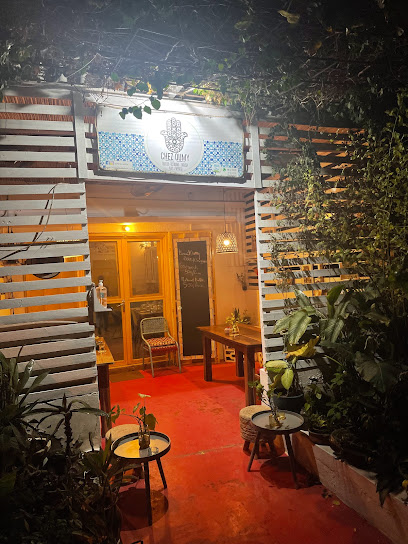
Le Much
Experience authentic Togolese cuisine at Le Much in Lomé – where flavor meets culture in a vibrant setting.
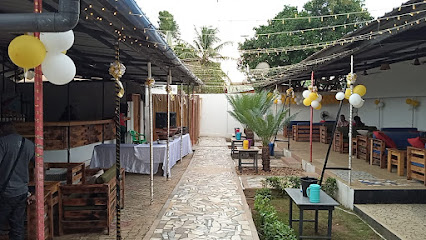
Markets, malls and hidden boutiques
Village artisanal de Lomé
Explore the Village artisanal de Lomé - a colorful shopping hub for unique crafts, local artistry, and an authentic Togolese experience.
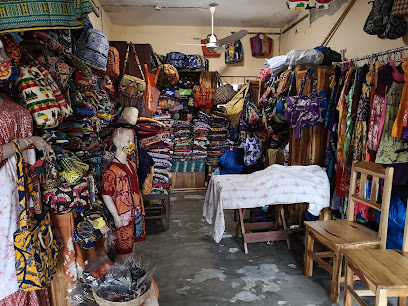
Aklala Batik Du Togo à Lomé
Discover the vibrant art of Togolese batik at Aklala Batik Du Togo, where culture meets craftsmanship in the heart of Lomé.
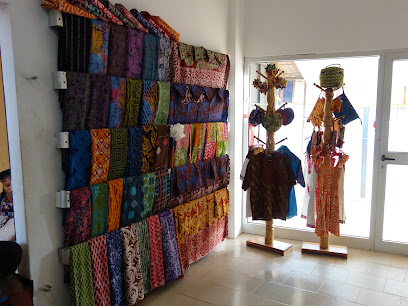
The Korner Shop lomé
Explore the vibrant handicrafts and unique gifts at The Korner Shop, a true reflection of Togo's rich cultural heritage.
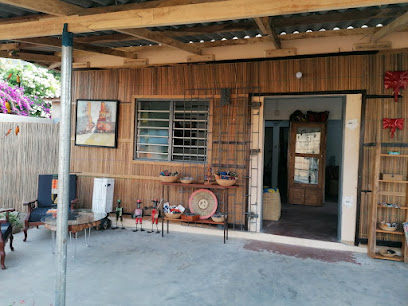
Boutique TOGO SOUVENIRS
Explore the vibrant charm of Togo at Boutique TOGO SOUVENIRS, where authentic local crafts and delightful gift baskets await.
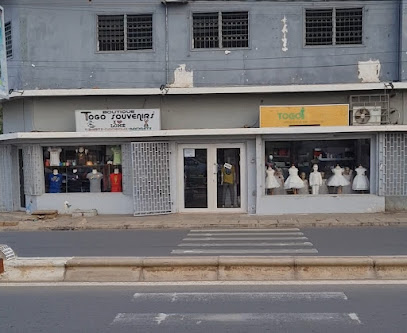
Boutique Mablé Agbodan
Explore the essence of Togolese fashion at Boutique Mablé Agbodan, where tradition meets contemporary style in Lomé.
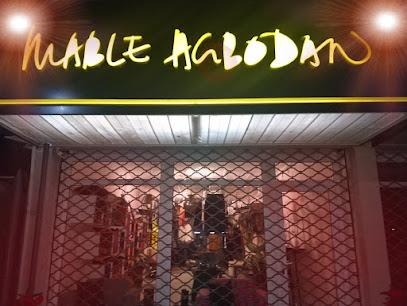
Nicelia
Explore Nicelia in Lomé, a vibrant shopping mall offering unique consignment treasures, electronics, and magazines for every taste.
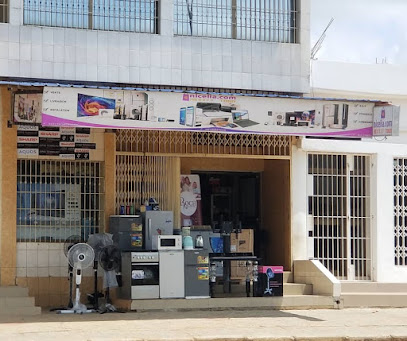
Centre artisanal
Explore the artistic heart of Lomé at Centre Artisanal, where vibrant crafts and local culture come together in a unique shopping experience.

UNICOS Sahel, Boutique de Sagbado
Explore UNICOS Sahel Boutique in Lomé for an authentic cosmetic shopping experience showcasing local beauty products and rich cultural heritage.
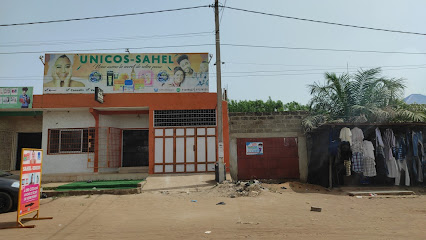
Salima Lome
Explore Salima Lome for unique custom t-shirts that capture the vibrant spirit and creativity of Lomé, Togo.

Shopping Lomé
Discover the agricultural charm of Lomé at Shopping Lomé, where you can connect with local farmers and enjoy fresh dairy delights.

Essential bars & hidden hideouts
Bar Carefour Y/ Bar 7K
Discover the lively ambiance and local flavors at Bar Carefour Y/Bar 7K, a perfect blend of relaxation and entertainment in Lomé.
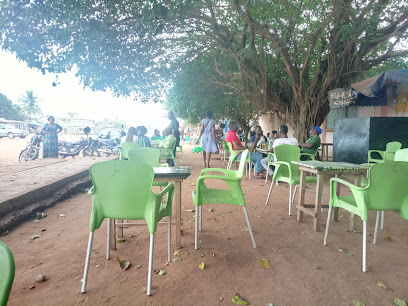
Sky Bar - Restaurant R Plus
Discover the breathtaking views and vibrant atmosphere at Sky Bar - Restaurant R Plus in Lomé, where local cuisine meets stylish nightlife.
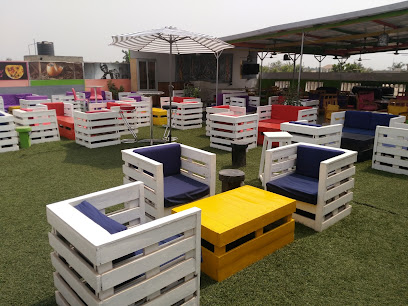
Bar La Fierté
Discover the lively ambiance of Bar La Fierté in Lomé, where delightful cuisine and refreshing drinks meet the vibrant culture of Togo.
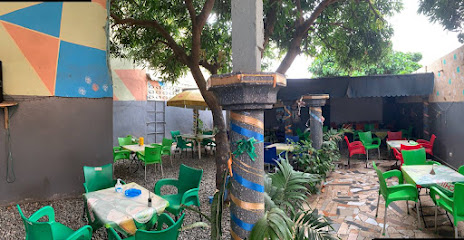
Bar 5 Kilos
Discover the vibrant spirit of Lomé at Bar 5 Kilos, where local beverages and a lively atmosphere await every visitor.
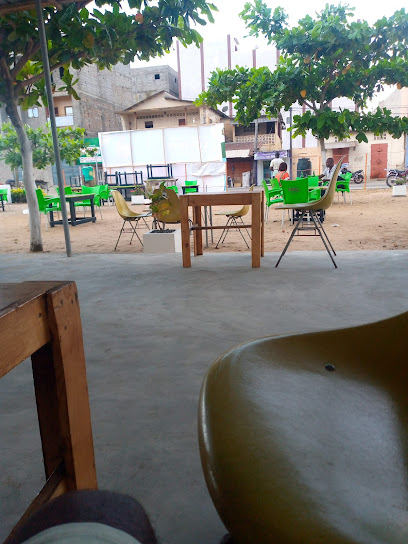
HYPE BAR
Experience Lomé's nightlife at HYPE BAR, where music and culture blend seamlessly for an unforgettable evening out.
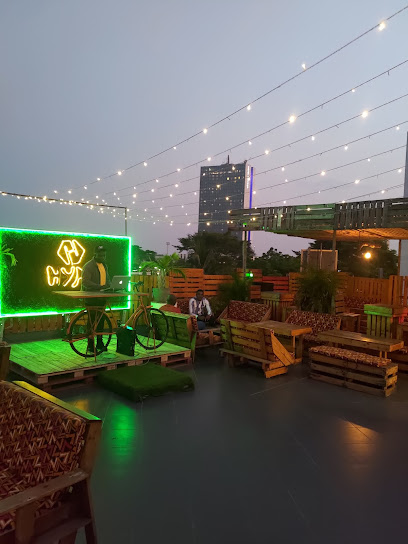
Bar Le Togo
Experience the vibrant nightlife at Bar Le Togo, a lively bar in Lomé offering local drinks and a friendly atmosphere for all visitors.
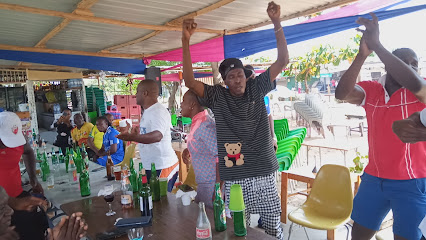
Bar Coconut
Experience the vibrant nightlife of Lomé at Bar Coconut, where refreshing drinks and local culture come together for an unforgettable evening.
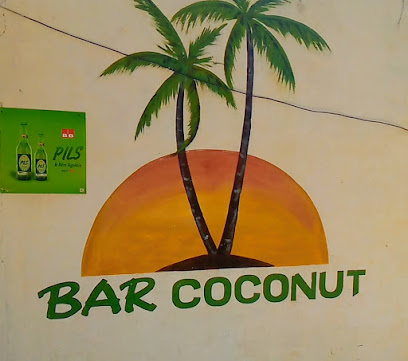
Lomé ambiance
Experience the vibrant nightlife and local culture at Lomé Ambiance, a must-visit bar in Lomé, Togo.
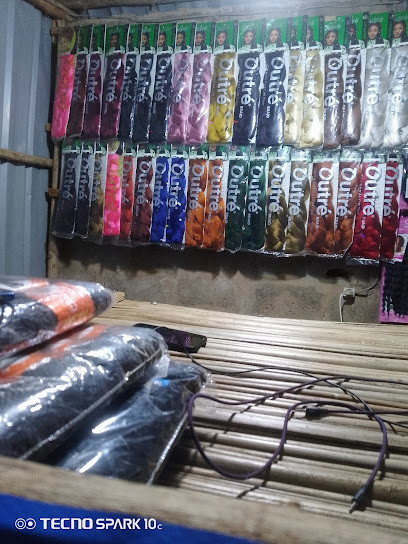
Le coin des amoureux
Experience the romantic charm of Le Coin des Amoureux, a cozy bar in Lomé, where delightful drinks and a warm ambiance await.

Bar QG
Discover the lively essence of Lomé at Bar QG, where great drinks and vibrant atmosphere meet in the heart of Togo's capital.
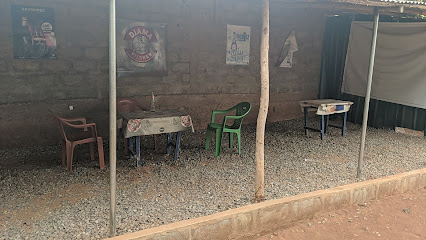
Local Phrases
-
- HelloAkpe
[ah-kpeh] - GoodbyeAde
[ah-deh] - YesEe
[ee] - NoAwo
[ah-woh] - Please/You're welcomeAkpe
[ah-kpeh] - Thank youAkpe
[ah-kpeh] - Excuse me/SorryKoko
[koh-koh] - How are you?Ehayeh dje?
[eh-hah-yeh djeh] - Fine. And you?Ehna. E dje?
[eh-nah. eh djeh] - Do you speak English?Dje Be gbekan yi?
[djeh beh gbeh-kahn yee] - I don't understandEhnavi dje
[eh-nah-vee djeh]
- HelloAkpe
-
- I'd like to see the menu, pleaseMiwu dje xoxo, Akpe
[mee-woo djeh sho-sho, ah-kpeh] - I don't eat meatEhnavi dje xexoxo
[eh-nah-vee djeh sheh-sho-sho] - Cheers!Akpe
[ah-kpeh] - I would like to pay, pleaseMiwu dje xexi, Akpe
[mee-woo djeh sheh-shee, ah-kpeh]
- I'd like to see the menu, pleaseMiwu dje xoxo, Akpe
-
- Help!Atsou!
[ah-tsoo!] - Go away!Voa!
[voh-ah!] - Call the Police!Vivi a Polis!
[vee-vee ah poh-lees!] - Call a doctor!Vivi a doktɔ!
[vee-vee ah dohk-toh!] - I'm lostEhna miwɔ
[eh-nah mee-woh] - I'm illEhna xɔ
[eh-nah sho]
- Help!Atsou!
-
- I'd like to buy...Miwu dje xoxo...
[mee-woo djeh sho-sho...] - I'm just lookingMiwo dje xexoxo
[mee-woh djeh sheh-sho-sho] - How much is it?Ehne xoxo?
[eh-neh sho-sho?] - That's too expensiveEhne xoxo xexexwo
[eh-neh sho-sho sheh-sheh-woh] - Can you lower the price?Gelavi dje xoxo xexexwo?
[geh-lah-vee djeh sho-sho sheh-sheh-woh?]
- I'd like to buy...Miwu dje xoxo...
-
- What time is it?Ehne wɔxɔ wɔ?
[eh-neh woh-shoh woh?] - It's one o'clockWɔkɔkɔ xɔ na
[woh-koh-koh sho nah] - Half past (10)Wɔxɔ kɔlɔ mɛ
[woh-shoh koh-loh meh] - MorningƲata
[vah-tah] - AfternoonXɔlɔ
[sho-loh] - EveningƲe
[veh] - YesterdayKoxi
[koh-shee] - TodayKɔ
[koh] - TomorrowKɔɖi
[koh-shee] - 1Akɔ
[ah-koh] - 2Alɔ
[ah-loh] - 3Ata
[ah-tah] - 4Anɔ
[ah-noh] - 5Aɖɔ
[ah-shee] - 6Avi
[ah-vee] - 7Azɔ
[ah-zoh] - 8Alɔvi
[ah-loh-vee] - 9Akɔzɔ
[ah-koh-zoh] - 10Alɔvi
[ah-loh-vee]
- What time is it?Ehne wɔxɔ wɔ?
-
- Where's a/the...?Ʋe wɔ...
[veh woh...] - What's the address?Ehne ɖokpɔ...
[eh-neh dohk-poh...] - Can you show me (on the map)?Gelavi dje hɛ (na mɛpɔ)?
[geh-lah-vee djeh heh (nah meh-poh)?] - When's the next (bus)?Ehne wɔmɛ ɖe (gbɔ)?
[eh-neh woh-meh sheh (gboh)?] - A ticket (to ....)Xɔvi (gbɛ ....)
[sho-vee (gbeh ....)]
- Where's a/the...?Ʋe wɔ...
History of Null
-
The neighbourhood of Null in Lomé, Togo, reflects the city's colonial history, having been influenced significantly by German and later French colonial administration. German colonization began in the late 19th century, when Togo was established as a protectorate in 1884. This period saw the introduction of infrastructure and urban planning that shaped the layout of Lomé, including the development of neighborhoods like Null.
-
Following Togo's independence from France in 1960, Null became part of the vibrant landscape of Lomé, characterized by a mix of traditional and modern influences. The post-independence era fostered a sense of national identity, with cultural movements emerging that celebrated Togolese heritage. This transition is evident in the architecture and community activities within Null, where traditional craftsmanship coexists with contemporary urban life.
-
Null is a microcosm of Lomé's diverse population, where various ethnic groups, including the Ewe and Kabye, contribute to a rich tapestry of culture. This diversity is expressed through festivals, local markets, and culinary traditions. The influence of these cultures can be seen in the colorful street art, music, and dance performances that frequently take place in the area, showcasing Togo's vibrant artistic heritage.
-
The economy of Null has evolved over the decades, transitioning from traditional agriculture to a more urbanized economy with small businesses and trade. The presence of local markets, such as the Lomé Grand Market, provides residents with access to goods and services while highlighting the entrepreneurial spirit of the community. This economic shift reflects broader changes in Lomé, where urbanization has altered lifestyles and economic opportunities.
-
In recent years, Null has faced challenges typical of urban neighborhoods in developing countries, such as infrastructure deficits and population pressures. However, community initiatives aimed at improving living conditions and promoting sustainable development have emerged. These efforts are supported by local organizations and partnerships that seek to preserve the cultural identity of Null while fostering economic growth and social cohesion.
Null Essentials
-
Null is accessible from various neighborhoods in Lomé via public transportation. Buses and shared taxis (known locally as 'tuk-tuks') frequently run from central Lomé to Null, with a travel time of approximately 15-30 minutes depending on traffic. For a more direct route, consider taking a private taxi, which can be arranged through your hotel or hailed on the street.
-
In Null, the best way to get around is by foot due to the compact nature of the neighborhood. Bicycles are also a popular option for locals and can be rented from various shops. Shared taxis and small buses operate within the area, providing an affordable means of transportation for longer distances. Always negotiate fares before starting your journey in a taxi.
-
Null is generally safe for tourists, but it's wise to stay vigilant, especially at night. Areas near the market can experience petty crime. Avoid walking alone after dark, particularly in less populated areas. Always keep your belongings secure and be cautious of your surroundings in crowded spaces.
-
In case of an emergency, dial 117 for the police or 118 for medical assistance. Familiarize yourself with the location of the nearest hospital, which is often indicated in your hotel. It's highly recommended to carry a local SIM card for easy access to emergency contacts and information.
-
Fashion: Do wear light, breathable clothing suitable for the tropical climate, but avoid overly revealing outfits. Religion: Do respect local religious practices, especially in places of worship. Public Transport: Do offer your seat to the elderly and women with children. Don't engage in loud conversations on public transport. Greetings: Do greet locals warmly with a handshake or smile. Eating & Drinking: Do try local foods and accept offers of hospitality, but don't eat in public places where it's considered disrespectful.
-
To experience Null like a local, visit the bustling markets early in the morning for fresh produce and local delicacies. Engage with vendors and ask about their products; this can lead to interesting conversations and perhaps even invitations to local events. Don’t miss out on local festivals, which offer a glimpse into the vibrant culture of the community.
Nearby Cities to Null
-
Things To Do in Aneho
-
Things To Do in Lokossa
-
Things To Do in Notse
-
Things To Do in Ho
-
Things To Do in Ouidah
-
Things To Do in Kpalimé
-
Things To Do in Cotonou
-
Things To Do in Atakpamé
-
Things To Do in Porto-Novo
-
Things To Do in Koforidua
-
Things To Do in Accra
-
Things To Do in Lagos
-
Things To Do in Abeokuta
-
Things To Do in Cape Coast
-
Things To Do in Kumasi








